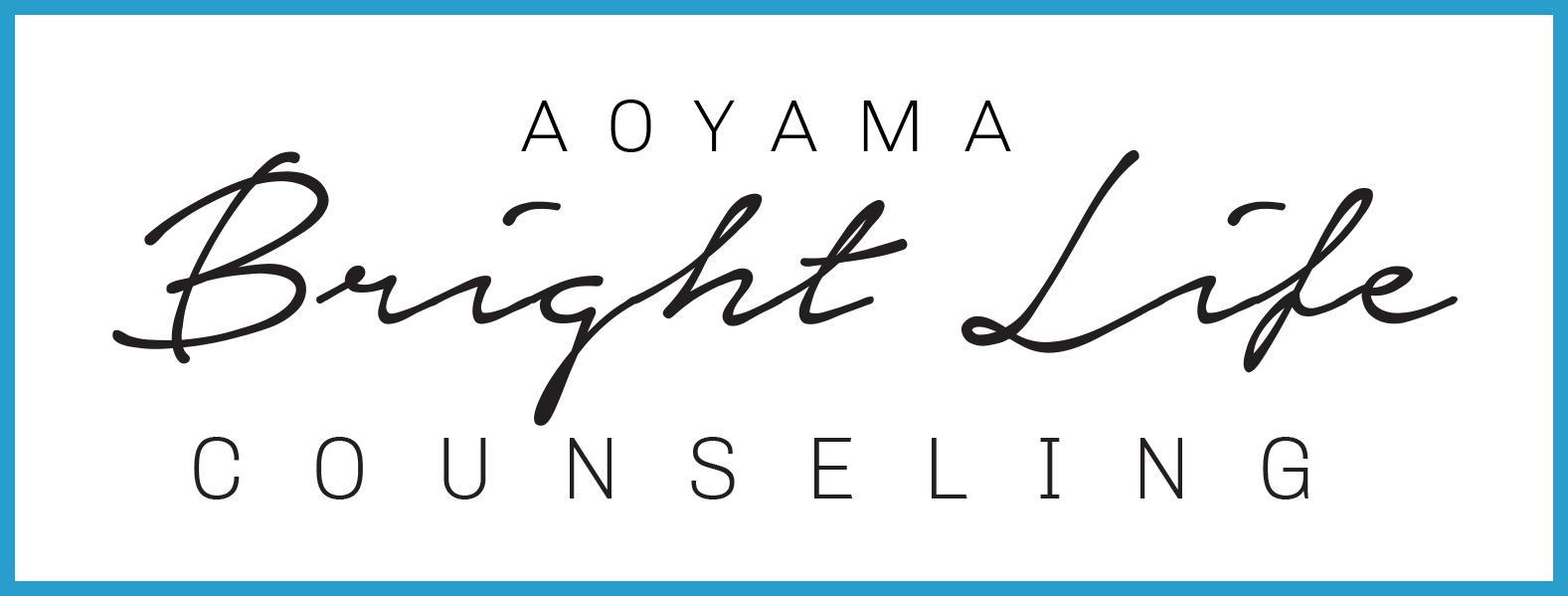As the pandemic drags on and another new variant emerges, we are forced us back to working from home, staying connected to our workplaces via zoom and other platforms. Working from home may be good for some, for others it may be causing “zoom fatigue”. Over the course of the pandemic, more and more research has been done on this relatively new phenomenon, and new research points to who it affects the most.
The new study on “zoom fatigue” looked at a specific aspect of these virtual workplace meetings, the camera. Researchers thought that being on camera might help exacerbate zoom fatigue by triggering self-presentation needs. When people can constantly see themselves, they may closely monitor and regulate their own behavior to try to appear to be more positive.
The researchers conducted a field experiment in which they sampled 103 people in the healthcare industry in the US, who were of course working remotely. Over the course of 4 weeks the study had two conditions. In the first condition the employees would keep their camera on for 2 weeks for every meeting they had, and off for the next two weeks. The second condition was the reverse of the first condition.
At the end of every workday, the participants would fill out a short questionnaire about how they felt that day, if they felt like “they had a voice” during the meeting and if they felt they were engaged in the meetings. They also were asked how many virtual meetings they had on each day.
The results showed an average of 4.88 virtual meetings per day for an average of 3.06 hours a day. However, the number of meetings nor the number of hours spent in meetings had a significant relationship with fatigue. The variable that did have a significant relationship with fatigue was having the camera on. The effect was stronger among women, and stronger among newer employees. The camera being on was also related to lower meeting engagement and not feeling like having a voice during meetings.
The researchers think that the camera being on has more of an impact on women and newer employees because they are generally more aware of their appearance and behavior during meetings. Newer employees might feel like they want to make a better impression to their managers and women, in general, are more concerned about their outward appearance than men are. These thoughts lead to the feeling that they are being watched by others, causing the fatigue and lower engagement. Some suggestions offered to mitigate fatigue is having a wide-angle camera, a different camera angle or just having the camera off.
Original Article: https://www.psypost.org/2021/12/having-your-camera-on-during-virtual-meetings-promotes-zoom-fatigue-especially-among-women-and-newer-employees-62214



